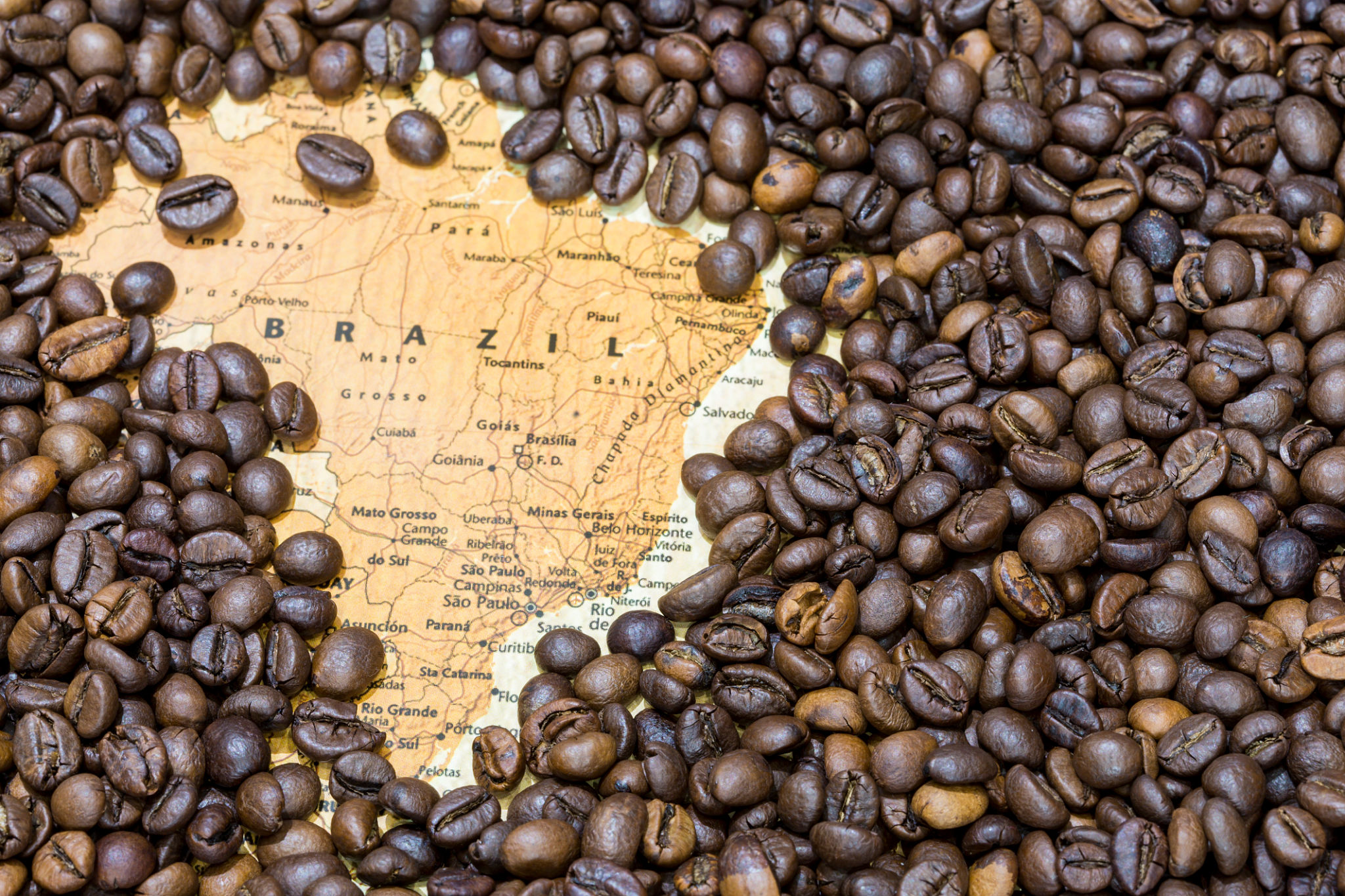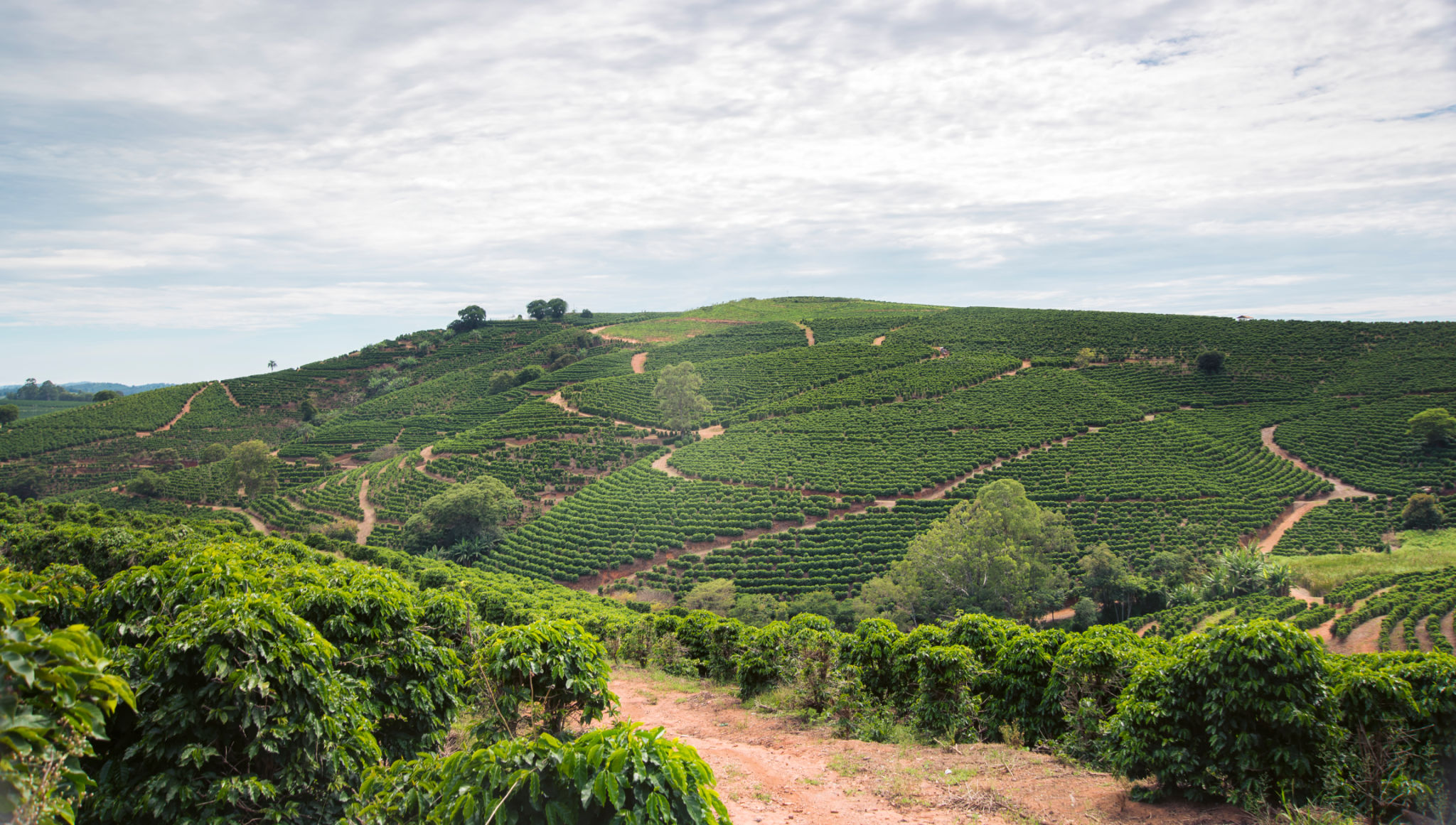A Guide to Importing Raw Coffee Beans into Germany
Introduction to Importing Raw Coffee Beans
Germany, known for its bustling coffee culture, offers lucrative opportunities for importing raw coffee beans. Whether you're a small business or a major distributor, understanding the process of importing is crucial for success. This guide will walk you through the necessary steps and considerations.
Importing raw coffee beans involves navigating a complex landscape of regulations, logistics, and market demands. With Germany being one of the largest coffee consumers in Europe, the potential for growth in this sector is immense.

Understanding German Import Regulations
Before embarking on the import journey, familiarize yourself with German import regulations. The country adheres to strict European Union standards, which involve quality checks and certifications.
Ensure compliance with the EU’s sanitary and phytosanitary (SPS) measures, which are designed to protect consumers and the environment from health risks. Obtaining an EU Organic Certification, if applicable, can also enhance your market appeal by catering to health-conscious consumers.
Finding Reliable Coffee Suppliers
The success of your import business largely depends on establishing relationships with reliable coffee suppliers. Look for suppliers who offer high-quality beans and have a track record of ethical practices. Consider visiting coffee-producing countries like Brazil, Colombia, and Ethiopia to build direct relationships with farmers.

Using online platforms and trade shows can also be effective ways to connect with potential suppliers. Ensure that your chosen suppliers adhere to fair trade practices, as ethical sourcing is becoming increasingly important to consumers.
Logistics and Transportation
Once you have secured a supplier, focus on logistics and transportation. Choosing the right shipping method is vital to maintaining the freshness and quality of your raw coffee beans. Most imports are done via sea freight due to cost efficiency, but air freight is an option if speed is a priority.
Work with logistics providers who specialize in handling agricultural products to ensure that your beans are transported under optimal conditions. Consider factors like transit time, insurance, and storage facilities when planning your logistics strategy.

Customs Clearance Process
Navigating the customs clearance process can be daunting, but it’s a necessary step in importing goods into Germany. Ensure that all documents, such as the commercial invoice, packing list, and certificates of origin, are prepared accurately.
Working with a customs broker can streamline this process by ensuring compliance with all necessary regulations and helping you avoid potential delays or penalties. Keep abreast of any changes in German import laws to remain compliant.
Marketing Your Coffee Beans
Once your beans have arrived and cleared customs, focus on marketing them effectively. Highlight unique selling points such as origin, flavor profiles, and ethical sourcing practices. Engaging storytelling can help differentiate your brand in a competitive market.

Utilize both online and offline channels to reach your target audience. Building a strong brand presence through social media, attending trade shows, and collaborating with local cafes can significantly boost your visibility and sales.
Conclusion
Importing raw coffee beans into Germany presents exciting opportunities for growth in a vibrant market. By understanding the regulatory landscape, building strong supplier relationships, and developing effective logistics and marketing strategies, you can establish a successful import business.
Stay informed about industry trends and consumer preferences to continually adapt and thrive in this dynamic market. With careful planning and execution, your journey into importing coffee beans can yield rewarding results.